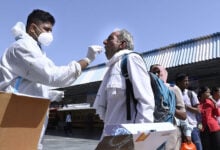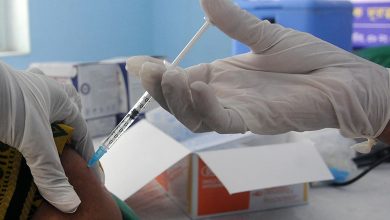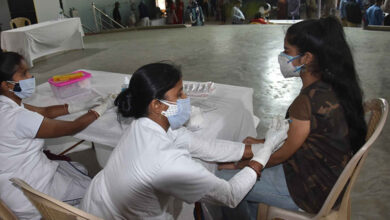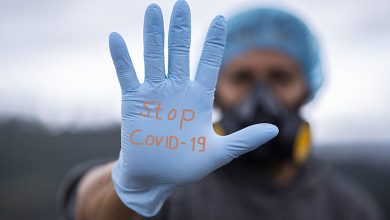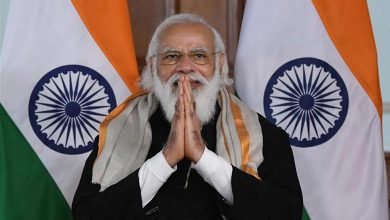WWF urges urgent action to avoid next pandemic
Numerous warnings from scientists and thought leaders such as the World Economic Forum (WEF) have signalled about the risk of a global pandemic.

New Delhi : As the world continues to grapple with the devastating consequences of COVID-19, the World Wide Fund for Nature (WWF) has called for urgent global action to address the key drivers which may cause future zoonotic disease outbreaks.
Marco Lambertini, director general of WWF International, said, “We must urgently recognize the links between the destruction of nature and human health, or we will soon see the next pandemic.”
The WWF asserted that the environmental factors driving the emergence of zoonotic diseases are: the trade and consumption of high-risk wildlife, land-use change leading to deforestation and conversion, expansion of agriculture and unsustainable intensification and animal production.
“We must curb the high-risk trade and consumption of wildlife, halt deforestation and land conversion as well as manage food production sustainably. All these actions will help prevent the spillover of pathogens to humans,” Lambertini added.
Numerous warnings from scientists and thought leaders such as the World Economic Forum (WEF) have signalled about the risk of a global pandemic. The WEF ranked pandemics and infectious diseases as one of the top global risks over a decade ago, posing an acute threat to human life.
Questions remain about the exact origins of COVID-19, but all available evidence suggests that it is a zoonotic disease, meaning it jumped from wildlife to humans.
However, addressing a high-risk wildlife trade and consumption in isolation will not be enough to prevent the next pandemic — our unsustainable global food system is driving large-scale conversion of natural spaces for agriculture, fragmenting natural ecosystems and increasing interactions between wildlife, livestock and humans.
Since 1990, 178 million hectares of forest land has been cleared, which is equivalent to the size of Libya, the 18th largest country in the world, and around 10 million hectares of forest land is still being lost each year through conversion to agriculture and other land uses.
At present, tragedy is unfolding in Brazil, too, with a surge in deforestation accelerating due to cuts in enforcement by the federal government, and this was after a 64 per cent increase in deforestation had already been witnessed in April compared to last year.
Ravi Singh, secretary general and CEO, WWF India, said, “It’s hard to think right now beyond the tragic impacts of the ongoing COVID-19 health crisis. But it is also an opportune moment for us to act if we were to deliver a recovery that benefits people and nature.”
The challenge and opportunity before us today is to begin to think of development through the lens of environmental health, he added.
“It is imperative to look at the link between the health of nature and humanity and adopt more sustainable methods of production and consumption for a green and just recovery from the pandemic.”
The COVID-19 crisis demonstrates that systemic changes be made to address the environmental drivers of pandemics.
The WWF advocates a �One Health’ approach linking the health of people, animals and our shared environment and wants this to be included in decision-making on wildlife and land-use change. This should also be incorporated within all business and financing decisions, particularly related to global health.
“In the midst of this tragedy there is an opportunity to heal our relationship with nature and mitigate risks of future pandemics but a better future starts with the decisions governments, companies and people around the world make today.” said Lambertini.

